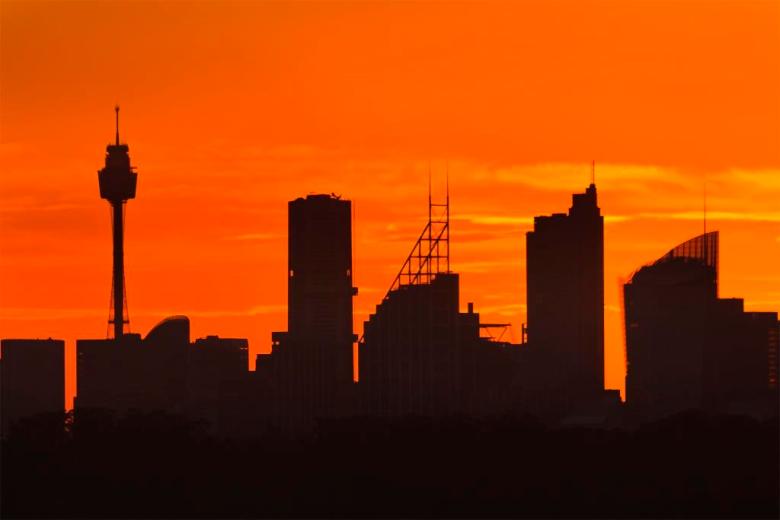
Record-breaking temperatures across Australia have seen no end to the continued bickering over climate and energy policy in Australia. The release of Keating-era cabinet papers from 1994 show that the Governmnet was struggling with how to address the issue even then.
In 1992, Environment Minister Ros Kelly had signed Australia up to the new UN Convention on Climate Change at the Rio Earth Summit. (Remember Ros Kelly and her famous whiteboard, and the ‘Sports Rort’ affair?)
In 1994 her replacement John Faulkner pushed for a carbon price, a move that was rejected by Cabinet. Notes from the meeting include this comment:
“Climate change is capable of impacting severely on coastal infrastructure, living marine resources and coastal ecosystems such as reefs. The Australian regional oceans strongly influence global climate, and Australia is vulnerable to oceanic changes affecting rainfall and possibly the incidence of tropical cyclones.”
Here we are, nearly a quarter of a century later, and nothing has been done. Nothing. A bit of fiddling around the edges, but it has all come to naught. Only this week our current Minister for the Environment and Energy Josh Frydenberg was forced to admit, under intense questioning, that Australia’s total emissions actually rose in 2017.
He made all sorts of qualifications, such as saying that they fell in the last quarter, and that per capita emissions were falling, but they don’t hide the policy failure. Hi Government has gone backwards on climate change policy.
Tony Abbott famously ‘axed the tax’ (which was not in fact a tax at all), and Malcolm Turnbull has retreated even from an emissions trading scheme. Australia’s Treasurer gloatingly waves around a piece of coal in Federal Parliament. The Climate Council was defunded and power station owners bullied. It’s a mess.
Meanwhile, Australia boils. Extreme climatic events worldwide are now commonplace. The recent big freeze on the east coast of North America was laughingly used by the dwindling band of climate change skeptics as evidence of global cooling, when it was in reality a consequence of the imbalances to ocean currents and the jet stream brought about by the planet’s gradual heating.
The Government has pushed back on any action, paying lip service to emissions reduction while doing nothing of the sort. Reducing Australia’s emissions will make no difference, we are told, by the same people who say we should set an example to others in our personal behaviour.
South Australia, derided by the denial crowd for trying to do something, now has Elon Musk’s ‘world’s biggest battery’. Victoria is getting one too, and NSW’s Conservative Government fiddles while Sydney burns.
There is a great science fiction novel, possibly the best ever written, by Kim Stanley Robinson, called ‘2312’. Set in that year, it describes a humankind that has spread across the solar system. Earth is entirely tropical and the areas around the equator uninhabitable. Sea levels in the 21st century rose tens of metres as the icecaps melted, flooding whole countries and most major cities.
In the book, Robinson refers to the period between the discovery that man’s actions were warming the planet, and the heating and flooding that came from it, as the ‘Great Dithering’.
We are there now. Dithering. Science fiction is science fact. Governments dither, the sea is rising, temperatures are soaring, and we do nothing about it, even as the solution is staring us in the face.
Comment below to have your say on this story.
If you have a news story or tip-off, get in touch at editorial@governmentnews.com.au.
Sign up to the Government News newsletter.

